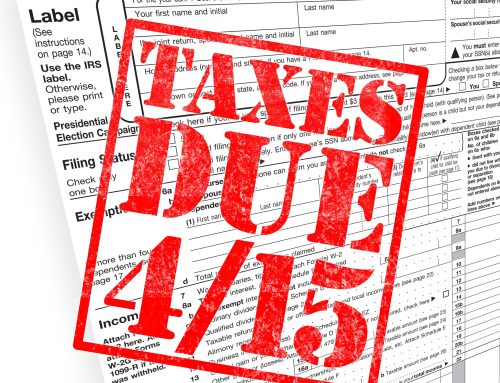Article Highlights:
- Scams and Phishing on the Rise
- Email Phishing and Scams
- IRS Communications
- The Bait
- Unfamiliar Communications
- Forwarding Internet Links
- Elderly Individuals
You are probably as tired of hearing about ID theft, phishing, phone scams and other schemes as you are of the political infighting in Washington. However, for most people, protecting themselves against these fraudsters is a far more serious issue than the congressional rhetoric we have to endure.
Just about every day the IRS issues notices to taxpayers and tax preparers warning of new scams seeking access to individuals’ financial information and ID information, which the scammers want to use to file fraudulent tax returns, gain access to bank accounts, or steal credit card information to make fraudulent purchases. I know of one fall update instructor who lectures to hundreds of CPAs, Enrolled Agents, and tax preparers. Each year for several years, he has asked his students if they have encountered ID theft or false returns being filed using their clients’ IDs. At first, just one or two raised their hands in each class. Each year the number has increased, and last year close to half the students in the various classes raised their hands.
ID thieves are both domestic and foreign and are very creative (or should I say devious?). I could write a small book about all the schemes that are out there, and the number increases daily. So while it is impossible to detail them in this article, the following tips can help you avoid being scammed, regardless of the scam or phishing premise:
- Emails from unknown sources that request you to click on a link (for any number of reasons, some of which may sound legitimate) may be tricking you into installing malware on your computer or device that would then allow the scammers access to it and all the financial information on it. Don’t get hooked!
- The IRS and most state taxing authorities never contact taxpayers by email. Their standard method of contact is U.S. mail. So simply delete any email claiming to be from the IRS. But if you feel uncomfortable ignoring the email, contact this office and forward it to us so we can double-check it for you. It is always wise to have this office to review any tax agency correspondence. One simple mistake can result in an enormous amount of grief that could take years to straighten out. Always be suspicious.
- Some scammers, as bait, will contact you and tell you that you are entitled to a prize, jackpot, lottery winnings, tax refund, foreign or domestic inheritance, or something of value (the scammers can be very creative) to trick you into taking some action that will allow them to scam you out of your hard-earned money or steal your identity. Remember the old saying: If it is too good to be true, it most likely isn’t!
- If you receive email, mail or a phone call from an unknown source with a message that provokes your curiosity, think twice before responding. By responding, you validate your contact information and invite further contact. The best action to take may be to take no action at all. Don’t let your curiosity get the best of you. That’s what scammers are counting on.
- Try to avoid forwarded emails from friends or associates that contain jokes, links and pictures they have downloaded from the Internet. Unbeknownst to the sender, these emails may include embedded links that can install malware on your computer.
Elderly individuals seem to be the most susceptible to phishing, scams and ID theft. They may be unfamiliar with modern modes of communication and can easily be taken advantage of. If you have an elderly parent or relative, it may be appropriate to sit down with them and make them aware of the dangers of modern-day communications and the Internet.
The IRS has special provisions for victims of ID theft, so if you ever believe your identify has been compromised, call this office immediately so steps can be taken with the IRS to protect your tax filings. Always call this office before acting on or responding to the IRS or other taxing authorities. It’s better to be safe than sorry.







